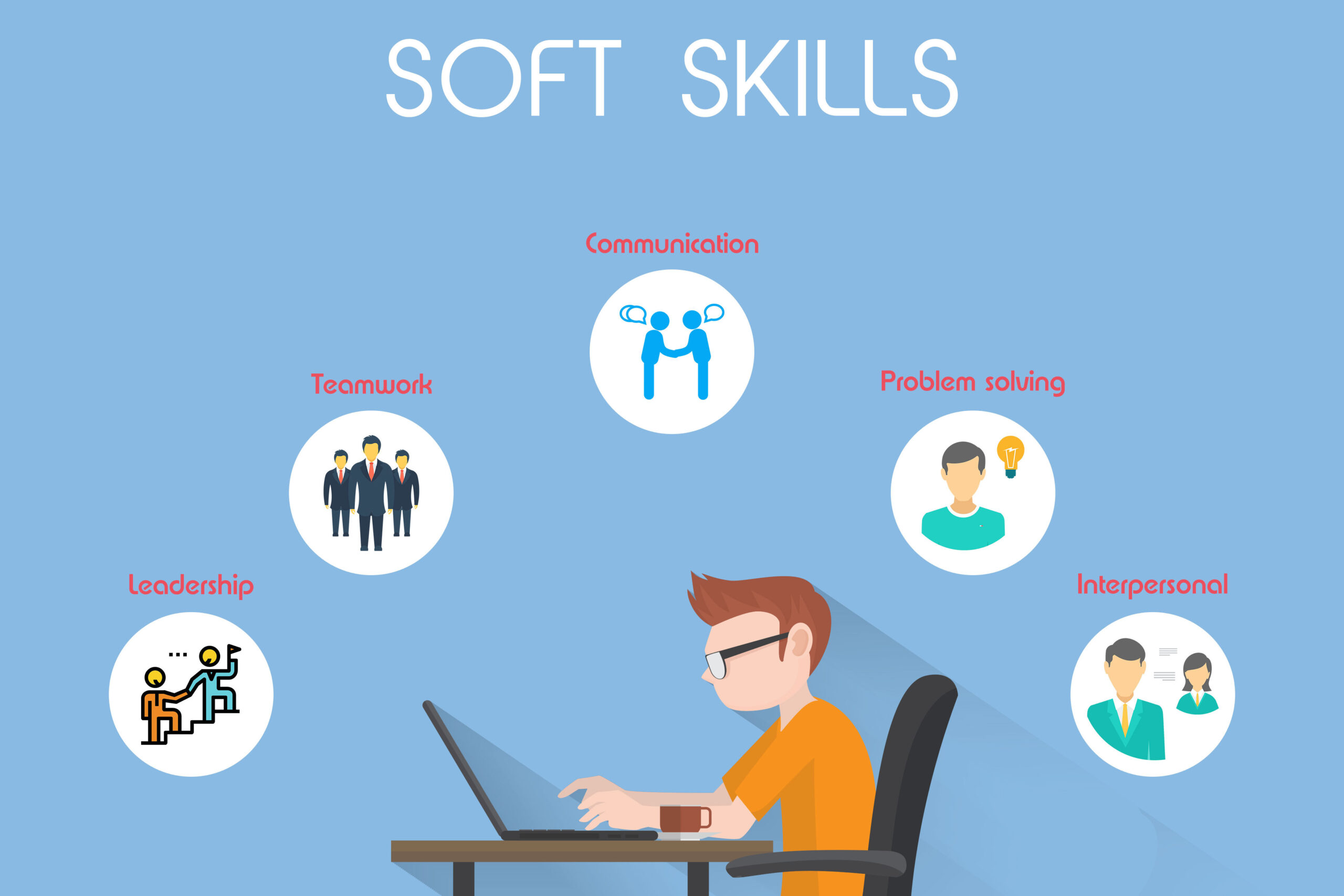Introduction:
In today’s dynamic and interconnected workplace, soft skills play a crucial role in driving professional success and organizational effectiveness. Unlike technical skills, which are job-specific and can be taught through formal education or training programs, soft skills are interpersonal, communication, and behavioral competencies that are essential for thriving in any role or industry. At ACE HR, we recognize the importance of soft skills in fostering collaboration, leadership, and innovation. In this blog post, we’ll explore the significance of soft skills training and share insights into how ACE HR’s training programs can help individuals and organizations develop and enhance these essential competencies.
Understanding Soft Skills:
Soft skills, also known as “people skills” or “interpersonal skills,” encompass a broad range of abilities, including communication, teamwork, problem-solving, adaptability, and emotional intelligence. These skills are essential for building strong relationships, navigating complex work environments, and achieving personal and professional success.
The Importance of Soft Skills Training:
While technical skills may get you hired, it’s often soft skills that determine your success and advancement within an organization. Soft skills training provides individuals with the tools, techniques, and insights needed to enhance their interpersonal effectiveness, communication style, and emotional resilience, empowering them to thrive in diverse workplace settings.
Key Soft Skills for Success:
ACE HR’s soft skills training programs cover a wide range of competencies tailored to meet the needs of today’s professionals. From effective communication and active listening to conflict resolution and time management, our training curriculum addresses the key soft skills required for personal and professional growth.
Developing Leadership and Management Skills:
Leadership and management skills are critical for individuals aspiring to lead teams, departments, or organizations. ACE HR offers specialized training programs focused on leadership development, coaching, delegation, and decision-making, equipping future leaders with the tools and insights needed to inspire and empower others.
Enhancing Emotional Intelligence:
Emotional intelligence, or EQ, is the ability to recognize, understand, and manage one’s own emotions and those of others. ACE HR’s training programs help individuals enhance their emotional intelligence by developing self-awareness, self-regulation, social awareness, and relationship management skills, fostering empathy, resilience, and effective interpersonal relationships.
Fostering Diversity and Inclusion:
In today’s diverse and multicultural workplaces, soft skills training plays a crucial role in fostering inclusivity, respect, and understanding among colleagues. ACE HR’s diversity and inclusion training programs help individuals develop cultural competence, empathy, and sensitivity to differences, creating a more inclusive and supportive work environment for all.


